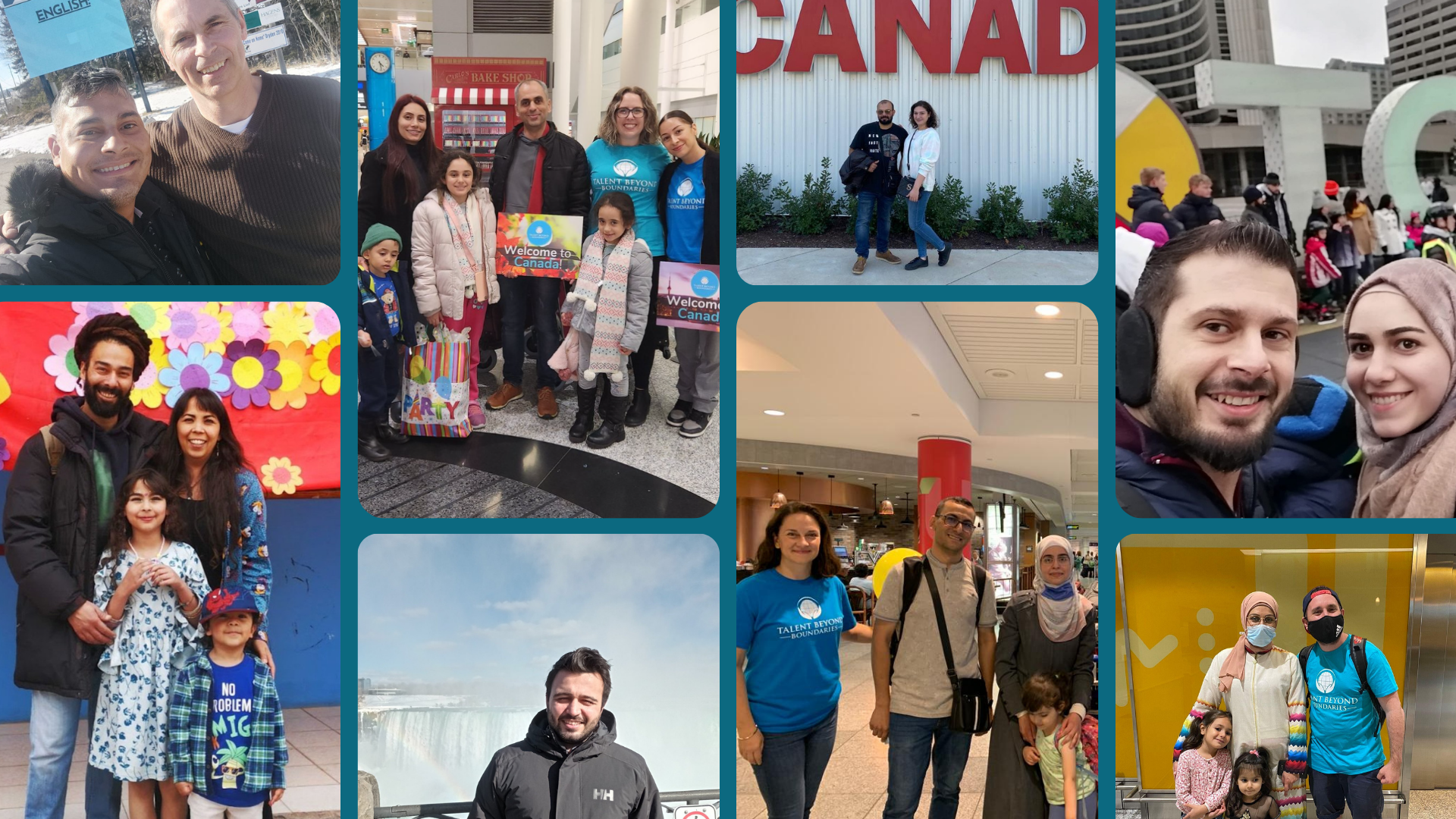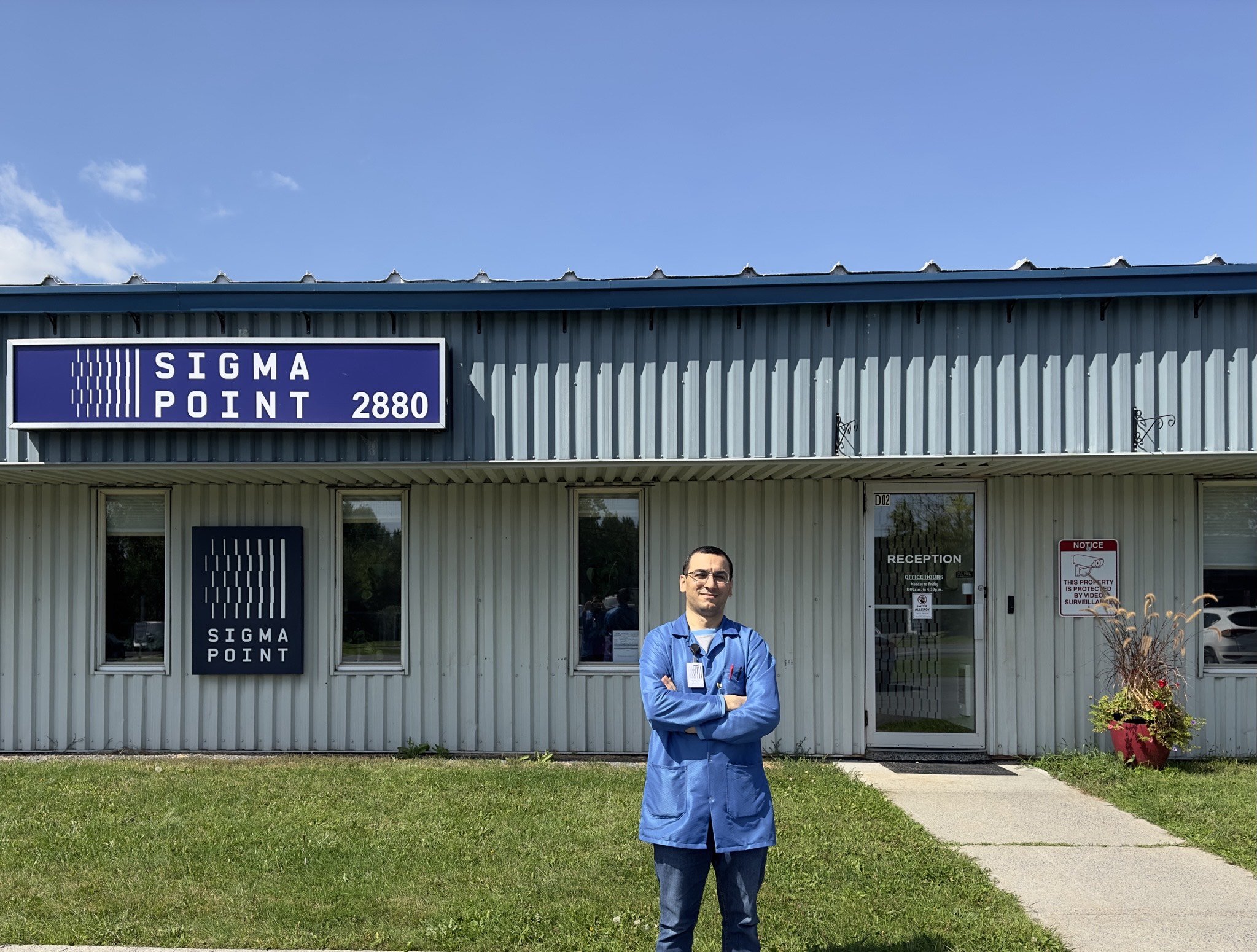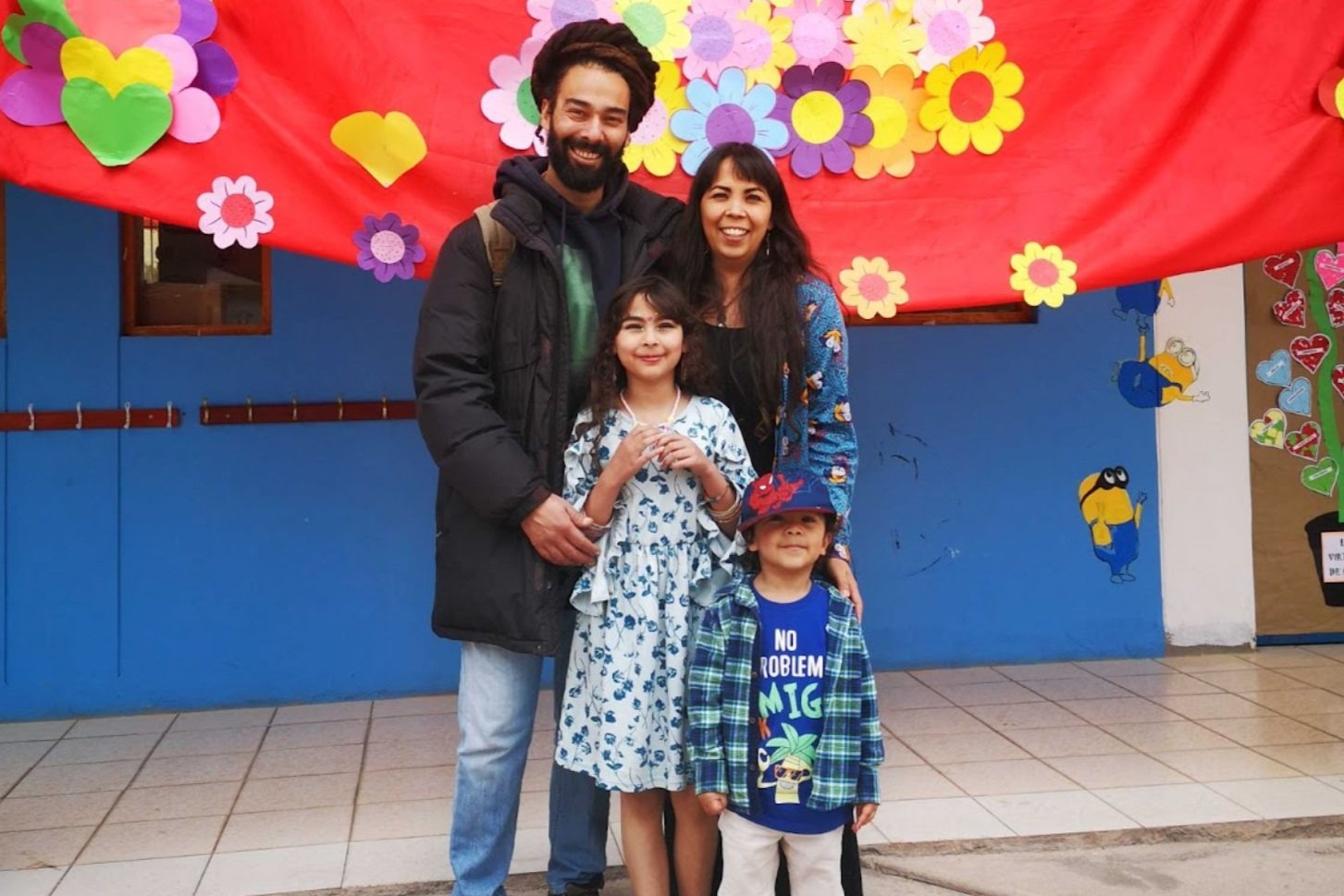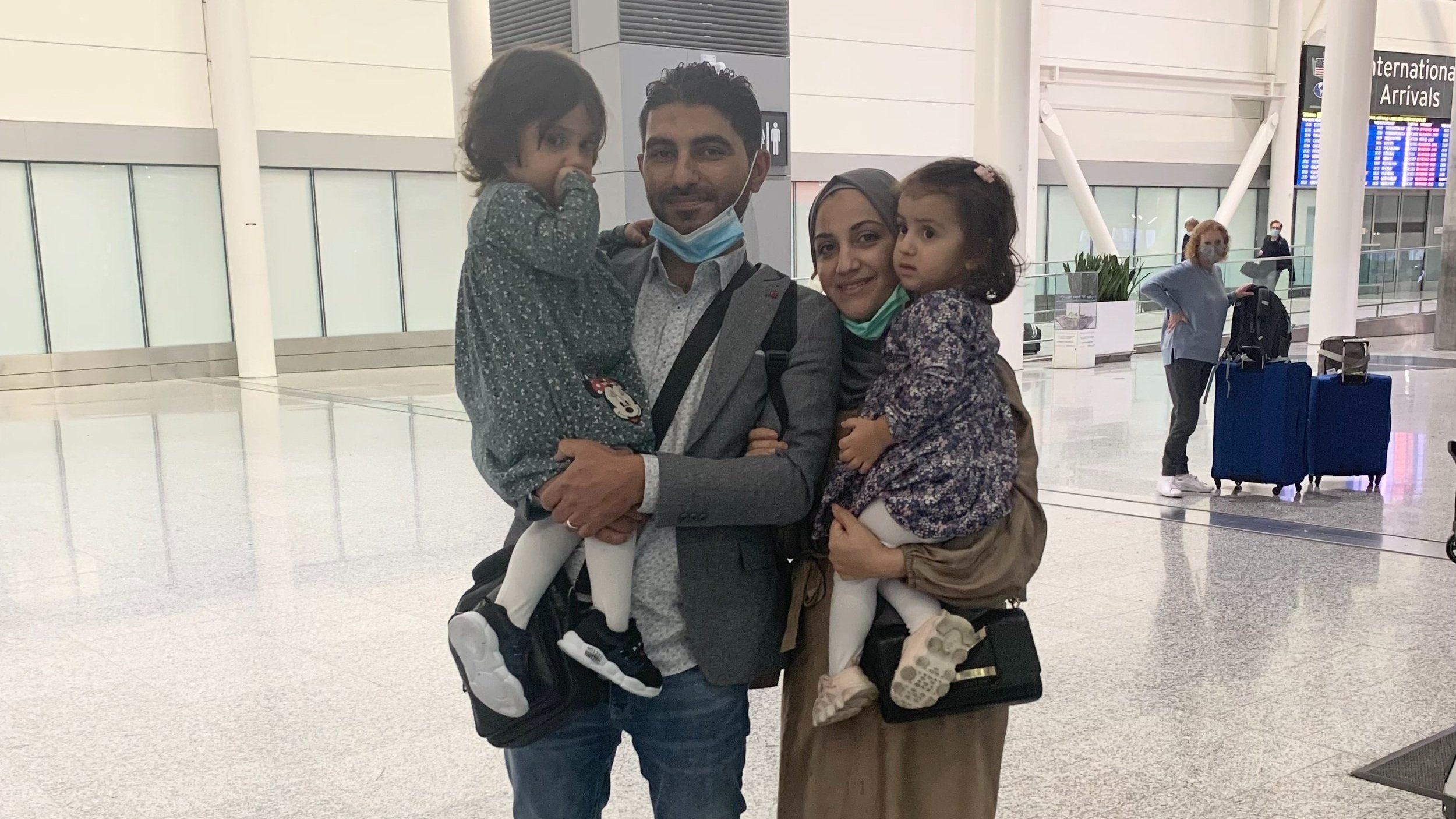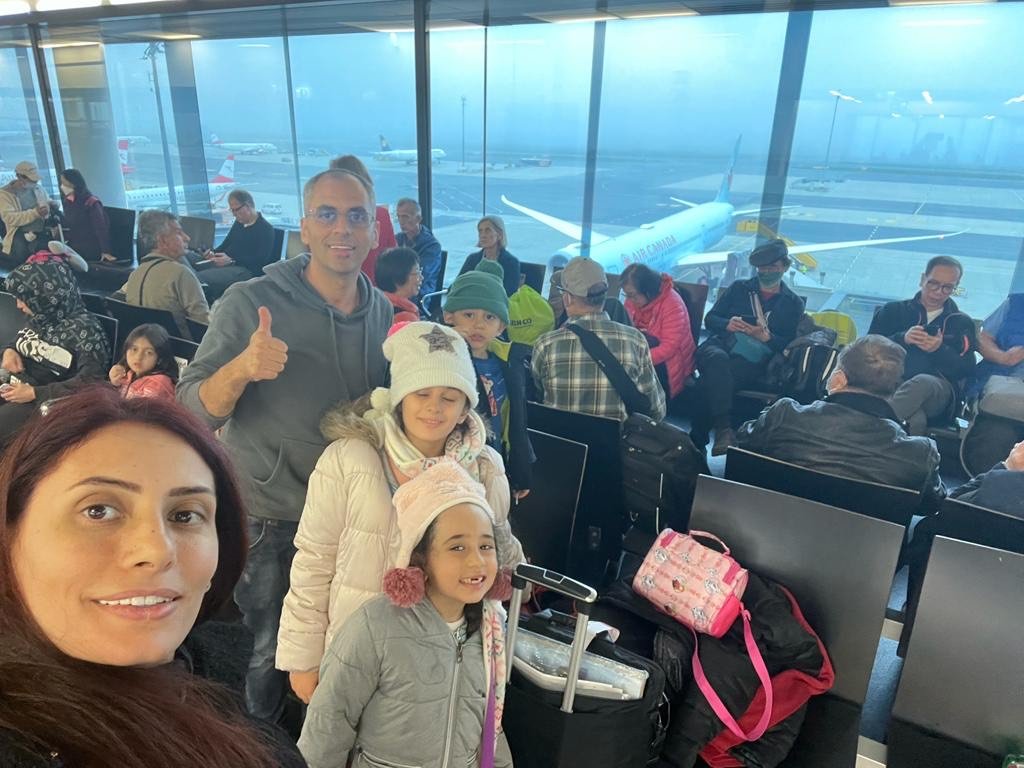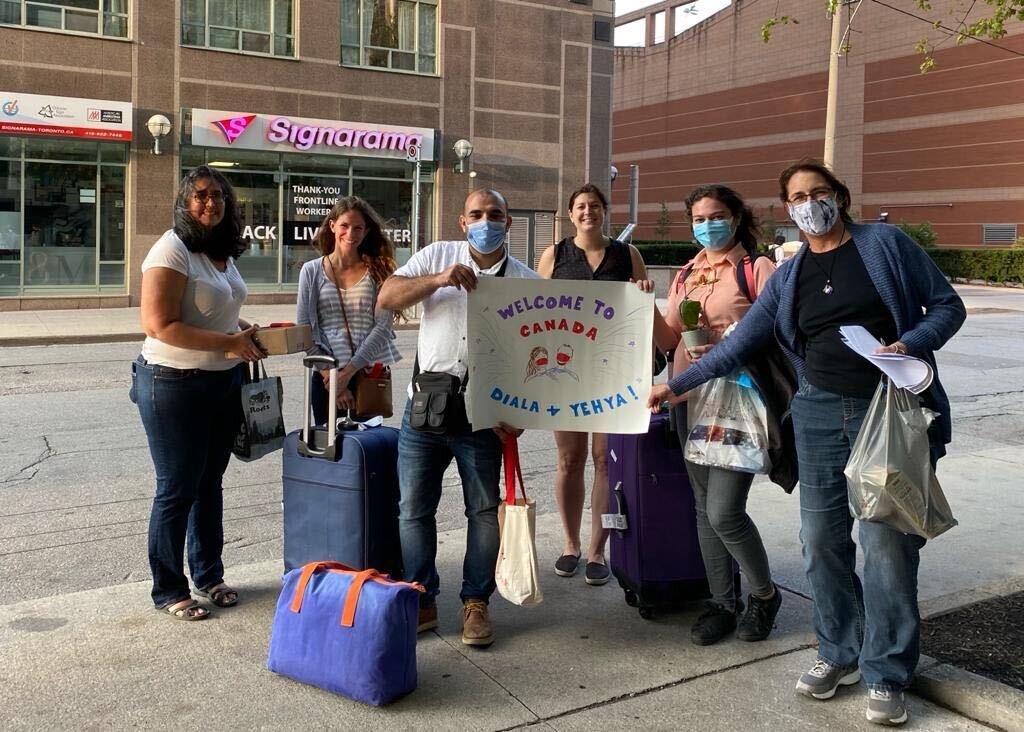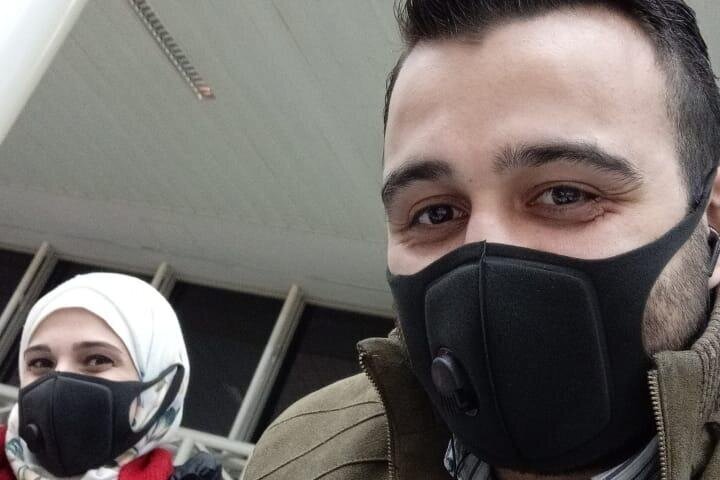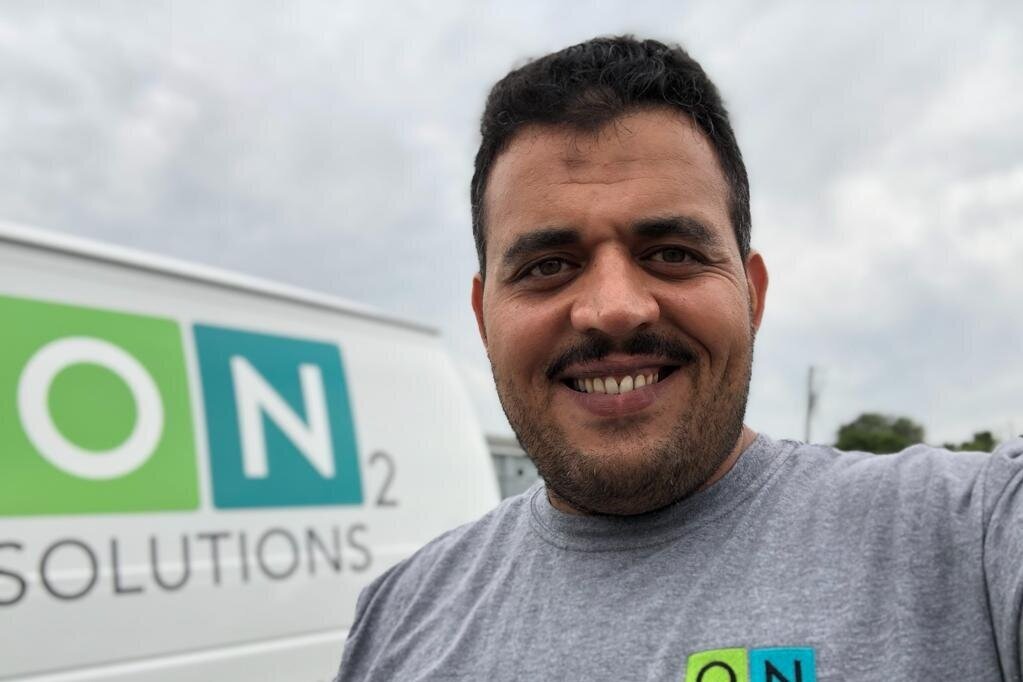Celebrating Six Years of the Economic Mobility Pathways Pilot
This spring in Canada marks the sixth anniversary of the Economic Mobility Pathways Pilot (EMPP), a program that has helped hundreds of refugees relocate to Canada using skilled visa pathways. The EMPP has not only transformed lives but has also significantly shifted the perception of displaced people from being seen as a burden to being recognized as valuable assets in the economy.
First launched in April 2018, the EMPP was designed to help Canadian employers find skilled refugees to meet their labor needs while providing safe and durable solutions for refugees needing safety and protection. Before the introduction of the EMPP, it was near-impossible for most refugees to apply through economic immigration pathways — refugees typically struggle to provide proof of work or educational qualifications as their past employers or schools in their country of origin were inaccessible due to conflict. The EMPP also provided facilitative measures related to passports and other travel documents, which are often significant hurdles in the immigration process for refugees.
“I was asked to take on the leadership of the EMPP in the spring of 2019 when I was a Director with Immigration, Refugees and Citizenship Canada,” said Lara Dyer, Canada Director at Talent Beyond Boundaries. “Thanks to TBB and other NGO partners, we had the proof of concept, but our challenge was building it into a full pilot. I remember many discussions about the right mix of economic and humanitarian considerations in this hybrid program. It took many months to put together the first iteration of the pilot because we were building something new, and there were few precedents to draw from.”
By matching the professional skills of refugees with work opportunities in Canada, the EMPP offered a win-win solution: empowering individuals through meaningful employment and helping industries thrive with needed talent. It was a simple yet novel premise, resting on the idea that there are valuable skill sets within refugee communities that could greatly benefit Canada.
The first phase of the EMPP aimed to identify approximately 10 to 15 skilled refugees in the Middle East and East Africa who met the requirements of Canada’s economic immigration pathways. Talent Beyond Boundaries (TBB), alongside the UNHCR, Jumpstart Refugee Talent, and RefugePoint, were the first NGO partners to collaborate with Immigration, Refugees and Citizenship Canada (IRCC) on these test cases. The initial arrivals from the EMPP provided a strong proof-of-concept for the program. Mohammed Hakmi, a software engineer and refugee living in Lebanon, was the first candidate to arrive through the pilot and join Bonfire Interactive. Since then, the pilot has grown and shaped the lives of over 430 refugees.
“We used the expression “leveling the playing field” because we knew that refugees had the skills that were in demand across Canada,” added Dyer. “This wasn’t about giving refugees preferential access to economic immigration pathways, but removing barriers to compete on equal footing.”
TBB is grateful to be a part of the journeys of fantastic people like Omar, a Senior Front-End Developer at Shopify and TBB Canada Board Member; Diala, a registered nurse for VHA Home HealthCare; and Hozifa, a maintenance technician for Ice River Sustainable Solutions. Thanks to the EMPP, countless people have arrived, enrolled their kids in schools, and made their homes here in Canada.
Check out our candidate success stories to date:
In these six years, TBB, IRCC, and all of the implementing partners of the EMPP have gained considerable insight into the complex challenges that refugees face and have seen the program adapt to ensure that more participants are not just able to work in Canada but also become truly integrated into their new communities. The successes of the pilot have had far-reaching implications for refugee labor mobility pathways at large, and just last year, Canada pledged to make the EMPP a permanent economic immigration program.
But the work does not stop here. The need for initiatives like the EMPP has increased worldwide. With ongoing global crises displacing more people each year, innovative solutions like the EMPP offer a model for the future. Canada has faced a labor shortage of 800,000 vacant jobs in the past year.
As we celebrate this milestone, we call on more businesses and government bodies to join the movement that the EMPP has started. By integrating skilled refugees into your workforce, you can break the cycle of displacement and turn it into empowerment. We invite you to learn more about the EMPP by visiting our website and seeing how you can hire displaced talent through TBB.
